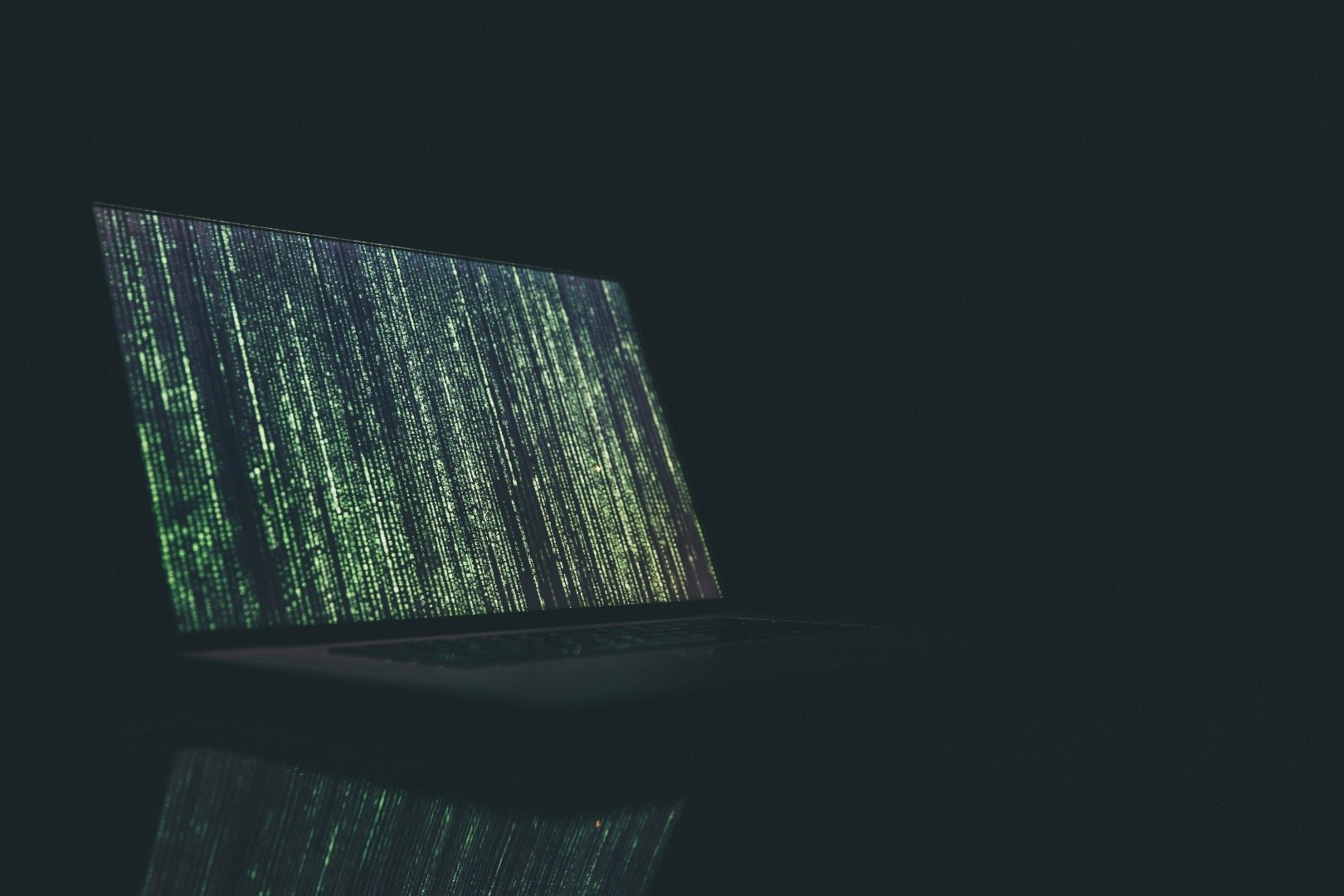
The SEC is keeping a watchful eye on companies' claims about their AI capabilities and issued a recent warning: "Don't AI-wash." White & Case's lawyers break this down for us...
Developments in artificial intelligence have taken the world by storm since the turn of the past decade—even more so in the last two years—and the legal sector has been rife with discourse about its wider implications for lawyers and the law in general. It has also introduced another level of competition between businesses, as companies race against each other in an attempt to offer the best and most innovative AI tools. The less consumer-facing side of that is happening somewhat behind the scenes, as AI is being implemented into these corporations’ daily operations. With big companies investing hundreds of millions (or even billions) of dollars into developments in this industry to bolster their businesses, it’s more pertinent now than it ever has been to both encourage and enforce honesty and transparency in relation to the use of AI. The US Securities and Exchange Commission (SEC) is facing this challenge head-on, and we caught up with a few lawyers at international law firm White & Case to hear their thoughts on navigating new frontiers in AI regulation.
"The most transformative technology of our time, on par with the internet and mass production of automobiles."
What did the SEC say?
For context, White & Case partner Joel Cohen outlines that “the SEC proposed a set of new rules in July of 2023 that would mandate investment advisers and broker-dealers to tackle any potential conflicts of interest that may arise with the usage of predictive data analytics and other AI-powered technologies.” Then, in December 2023, SEC Chair Gary Gensler issued a warning to public companies cautioning against “AI-washing” their business—by this, he means that corporations shouldn’t misrepresent or distort the extent to which AI is being used in their business, nor what it is truly being used for. Sound familiar? It might – “greenwashing” is what happens when a company shares misleading information to appear more environmentally conscious than it is in practice, and it’s another phenomenon that the SEC has cracked down on in recent years. The disclosure of every business’s AI capabilities should be “full, fair and truthful” according to Chair Gensler, not just for morality’s sake but because these statements are serious enough that they fall within the scope of securities law. While he acknowledged later in the month that AI is “the most transformative technology of our time, on par with the internet and mass production of automobiles” and can “create great efficiencies across the economy,” he cautioned that it can be used to deceive investors and create a “monoculture” in which only a few platforms monopolize the market. These risks haven’t flown under the radar at the Department of Justice, where they are now working on anti-discrimination regulations and monitoring systems for artificial intelligence.
If you’re interested, you can read the full transcript of Chair Gensler’s remarks here.
"Transformative technology can and does pose regulatory difficulties."
This is nothing new, though. Learning to navigate the ever-changing landscape that comes with groundbreaking tech is the new reality of the 21st century, as partner Tami Stark tells us: “It is clear that, as was witnessed with the rising use of cryptocurrency, transformative technology can and does pose regulatory difficulties. Maintaining knowledge of the underlying product and how it is understood in the marketplace is critical to regulation—and defense—in these contexts.” The NFT boom that followed the proliferation of cryptocurrency was a confusing time for legislators, as the technology was moving at breakneck speed only to largely die out a few years later. It can be difficult, but is necessary, to keep up with this dynamic space in order to make the best and most informed decisions about how businesses should conduct themselves moving forward. Counsel Marietou Diouf explains: “When prosecuting and defending so-called AI-washing allegations, regulators, defense counsel, and companies will have to get up to speed on the technical aspects of AI in order to determine if full, fair and truthful disclosure has been achieved.” Aside from just coming to grips with the technology in question, regulators are also tasked with dismantling the wording of any AI capabilities disclosure to determine to what extent they’ve been misleading, if at all. Associate Saambavi Mano breaks this down for us: “Before asking whether a company misrepresented its AI capabilities, regulators will have to arrive at an understanding of what AI is, how it is understood by developers and investors, and what makes a statement misleading, rather than simply misunderstood by the market.”
"Mounting a successful defense will require similar knowledge on the part of companies and their counsel."
What does this mean going forward?
So, what are the wider implications of this going forward? AI is changing and evolving every single day, so companies need to be vigilant for a few reasons. Naturally, Chair Gensler’s remarks have drawn attention to the notion of AI-washing, which is largely unexplored terrain for companies and regulators alike. For this reason, it’s likely that “companies should expect heightened scrutiny of public statements about their AI capabilities." This is not solely because of Chair Gensler’s comments on the matter, but also because of the precedential nature of any investigations or prosecutions in this area. “Regulators will be pursuing these cases not only to send a message, but also to develop an understanding of how AI-washing can be prosecuted and regulated,” Cohen details. That’s true - regulators will likely come down hard on businesses now with the intention of setting an example with these first few cases that they prosecute. And if a company’s AI capabilities statements are being examined, one of the most important things to ensure is that everyone is on the same page and up to speed on the same matters, or the entire case may fall apart, as Stark confirms: “Mounting a successful defense will require similar knowledge on the part of companies and their counsel.” It’s likely that the issue for many corporations moving forward will be that their success will come down to who they choose to hire and their range of knowledge on the matter, so “companies should consider whether they are accurately representing the role of AI in their business and engage counsel that can draw from a broad range of expertise to help regulators contextualize what AI really is in various scenarios and how it figures into the delivery of goods and services by companies.” Luckily, White & Case has a Global Technology Industry Group that draws from various disciplines and is prepared to address these issues and is doing so for clients already.
Last updated: April 2024
